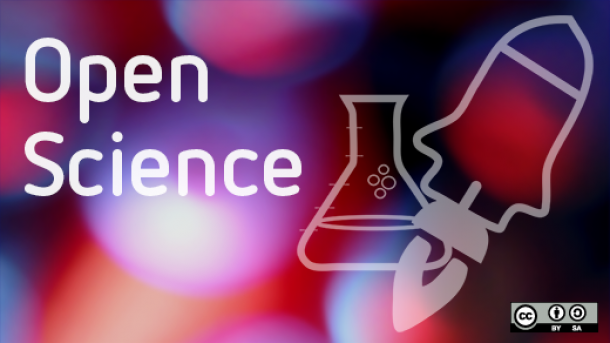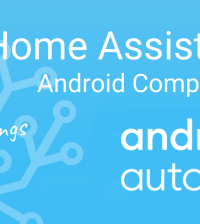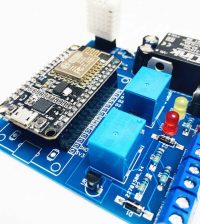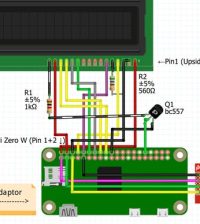- makeITcircular 2024 content launched – Part of Maker Faire Rome 2024Posted 2 weeks ago
- Application For Maker Faire Rome 2024: Deadline June 20thPosted 2 months ago
- Building a 3D Digital Clock with ArduinoPosted 7 months ago
- Creating a controller for Minecraft with realistic body movements using ArduinoPosted 7 months ago
- Snowflake with ArduinoPosted 8 months ago
- Holographic Christmas TreePosted 8 months ago
- Segstick: Build Your Own Self-Balancing Vehicle in Just 2 Days with ArduinoPosted 8 months ago
- ZSWatch: An Open-Source Smartwatch Project Based on the Zephyr Operating SystemPosted 9 months ago
- What is IoT and which devices to usePosted 9 months ago
- Maker Faire Rome Unveils Thrilling “Padel Smash Future” Pavilion for Sports EnthusiastsPosted 10 months ago
Bringing open source tools to scientific research communities: Open Science
An inspiring news for all the makers who want to contribute spreading science and the scientific method. Google and the author of the article reported are working hard on an open source toolkit to help anyone developing scientific tools, by releasing lots of open source stuff!
In 2007 I took part in Google Summer of Code (GSoC) developing the Avogadro application. As we were developing Avogadro, we founded The Open Chemistry project as an umbrella project to develop related tools for chemistry and materials science. Our goal is to bring high quality open source tools to research communities working in these areas, and to develop other tools to complement the Avogadro molecular editor.
We chose a project that uses PyBind11 to wrap the Avogadro 2 API; a project to add crystal/materials functionality to Avogadro 2; and a third to extend our JSON format to support data exchange between Avogadro 2 and the cclib projects.
Our student projects aimed to improve upon areas that we had identified as lacking, with mentors ready and able to offer guidance and support over the course of the summer. The Python wrapping project would have made the Avogadro 2 application scriptable and made it easy to automate repetitive tasks, or to extend the application to do new things, without adapting the C++ code. The crystal/materials project added support for a whole new class of systems that have periodic/repeating structures of atoms. These systems have unique challenges as they rely heavily upon symmetry, minimal representations, and periodic boundary conditions. Finally the extension of the JSON format enables Avogadro 2 to reuse the cclib Python library, and makes all supported formats available to Avogadro 2 users in a friendly desktop application.
We hope to extend the Open Chemistry organization in future years to other projects, and to facilitate greater participation of students in the open science movement. It is important to train the next generation of researchers in the art of software development, community, and collaborative development.
Source: Opensource.com
















